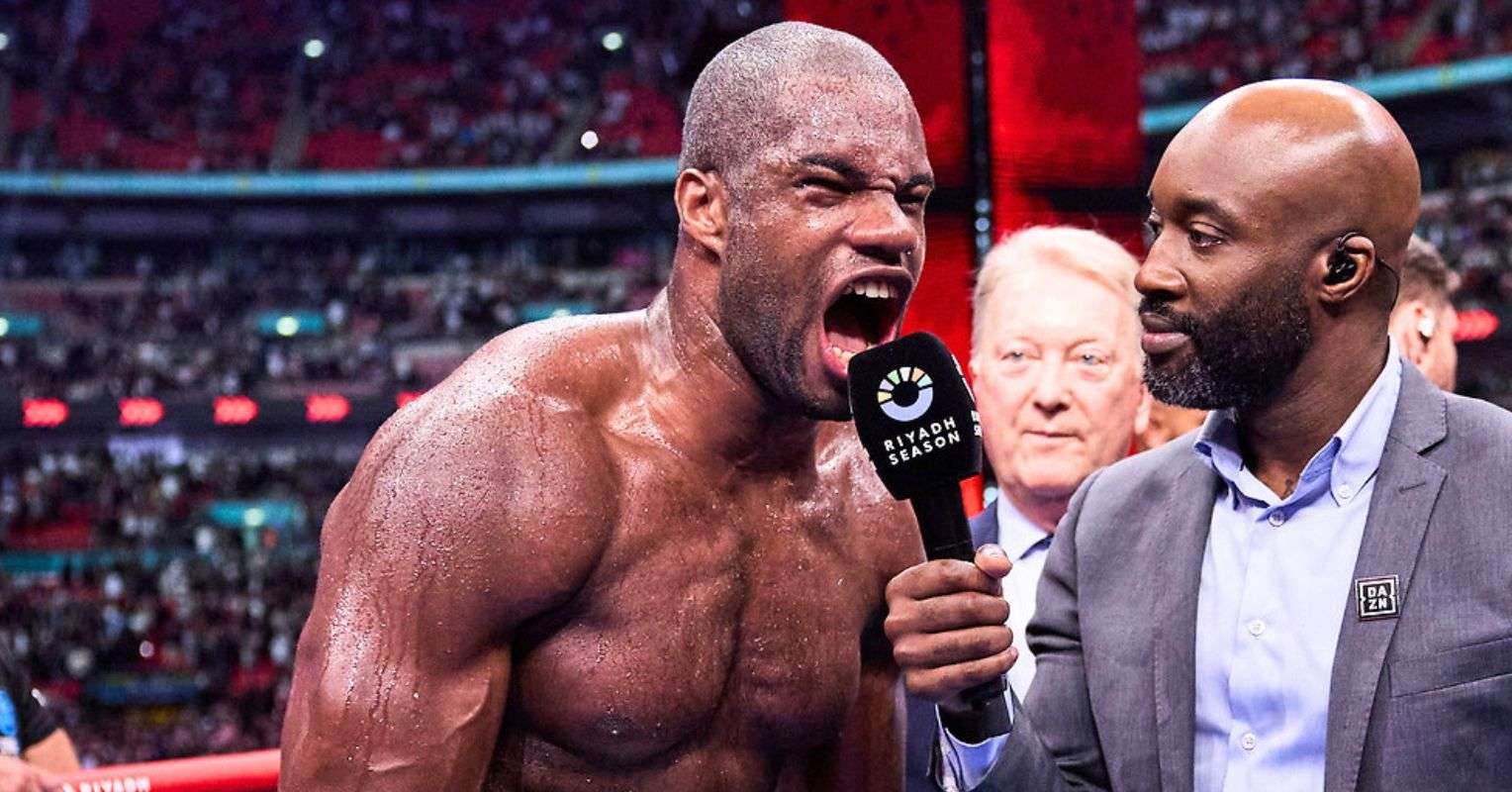Daniel Dubois: Retirement Target Revealed – A Boxer's Blueprint for the Future
British heavyweight boxer, Daniel Dubois, has recently revealed his ambitious retirement plans, setting a clear target for his departure from the professional boxing ring. This announcement, made amidst a period of significant success and growth in his career, offers a fascinating glimpse into the mind of a fighter meticulously planning his future both inside and outside the ropes.
This article delves into Dubois's stated retirement age, exploring the factors influencing his decision and what this means for his legacy in the sport.
A Clear Goal: Hanging Up the Gloves at 35
Dubois, currently 25 and already a prominent figure in the heavyweight division, has boldly declared his intention to retire at the age of 35. This seemingly early retirement age, considering the longevity some boxers achieve, reflects a strategic approach to his career. He aims to maximize his earnings and minimize the long-term physical consequences often associated with professional boxing.
This isn't a spur-of-the-moment decision. Dubois's announcement showcases a level of self-awareness and planning often missing in the high-stakes world of professional boxing. He's clearly focusing on a balanced life, recognizing the need to prioritize his long-term health and well-being beyond his boxing career.
Factors Influencing Dubois's Decision
Several factors contribute to Dubois's decision to retire at 35:
-
Financial Security: Securing his financial future is a primary motivator. A strategic retirement age allows him to maximize his earnings while still maintaining his physical health and avoiding prolonged exposure to the risks of boxing.
-
Health and Longevity: The physical toll of boxing is undeniable. Retirement at 35 aims to minimize the long-term health risks associated with repeated head trauma and injuries. This shows a maturity often absent in younger fighters.
-
Pursuing Post-Boxing Ventures: Dubois is reportedly exploring opportunities outside of boxing, suggesting he has a well-defined plan for life after the sport. This proactive approach underscores his commitment to a successful post-boxing career.
What This Means for Dubois's Legacy
Retiring at 35 doesn't diminish Dubois's potential legacy. Ten more years in the ring still offer ample opportunity to secure significant victories, build his profile, and solidify his place among the greats of British heavyweight boxing. He can use this timeframe to pursue crucial title fights and leave a lasting impact on the sport.
This calculated approach to his career suggests Dubois is not only focused on achieving short-term success but also on building a sustainable long-term future. His meticulously planned retirement signifies a shift towards a more holistic understanding of his professional life, showcasing a level of self-awareness uncommon in professional boxing.
The Road Ahead: Challenges and Opportunities
The next decade will be crucial for Dubois. He faces the challenge of remaining injury-free and strategically selecting his fights to maximize his chances of achieving his goals. However, with his established skillset and ambition, the opportunities for success are considerable. He'll need to continue to develop his skills, remain focused, and seize the high-profile matchups that will help to define his legacy.
Conclusion: A Strategic Approach to Success
Daniel Dubois's decision to retire at 35 is a bold and calculated move, showcasing a level of self-awareness and strategic planning that sets him apart. While the challenges ahead are undeniable, his approach to his career and future suggests he is well-positioned for success both inside and outside the boxing ring. His story serves as an example for aspiring athletes, highlighting the importance of long-term planning and a balanced approach to a demanding and often unforgiving career.
Keywords: Daniel Dubois, retirement, boxing, heavyweight, British boxing, retirement age, professional boxing, career planning, legacy, athlete retirement, health, financial security.

